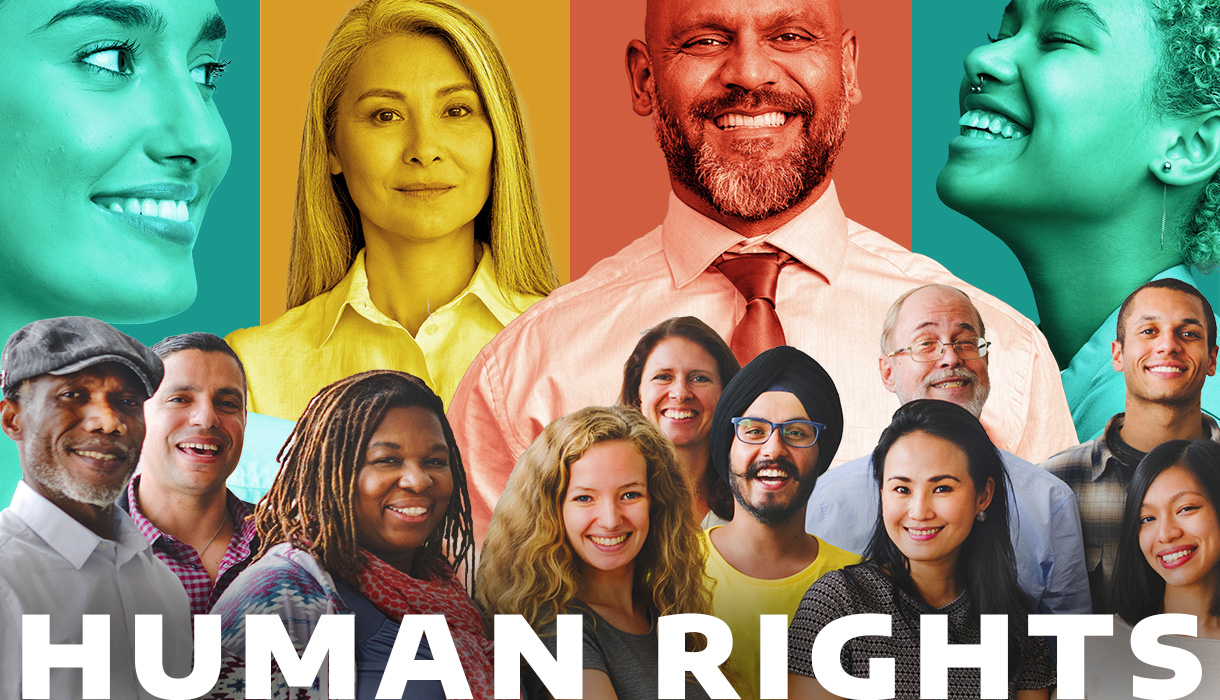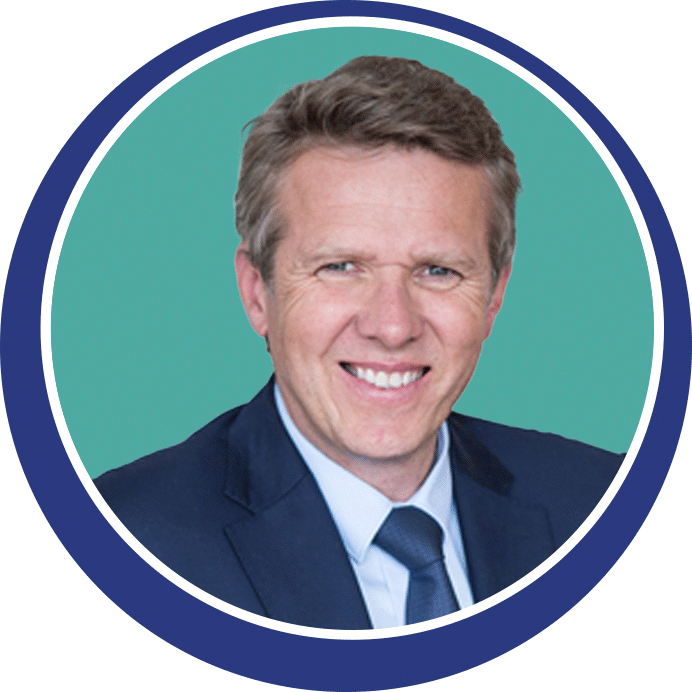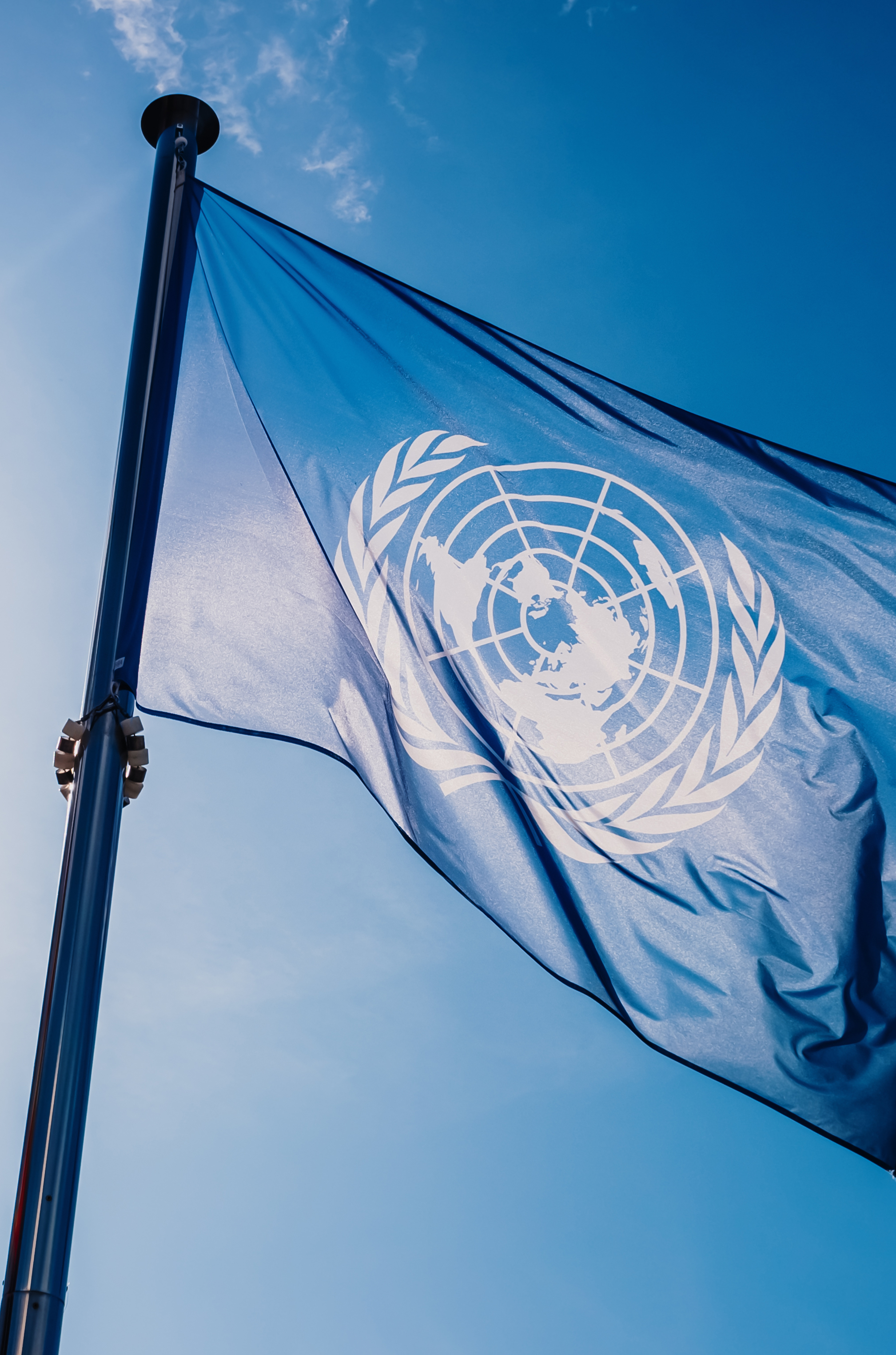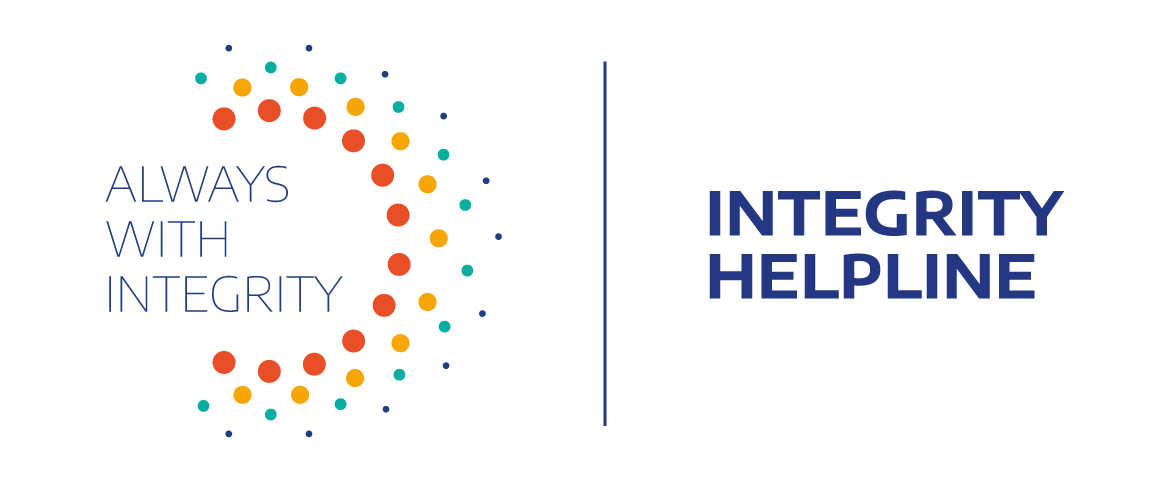

Our unwavering commitment to Human Rights and ethical business practices is an intrinsic part of our corporate culture, and closely aligned with various globally recognized standards and principles. As we navigate the challenges and opportunities in our industry, our commitment is to uphold the highest Human Rights standards in every facet of our operations.
We embrace the profound impact we have in today’s interconnected world and our Dare Forward 2030 strategic plan reaffirms our commitment to ethical responsibility. It is at the core of our organization and serves to create a sustainable future of mobility for our customers, our employees, our business partners, and our planet.
Globally, we have established appropriate due diligence processes that include actions to safeguard against Human Rights abuses in any part of Stellantis’ business and in its supply chain. We are aligned with internationally recognized standards including the United Nations (UN) Guiding Principles on Business and Human Rights, the 10 principles of the UN Global Compact, the International Labour Organization (ILO) Declaration on Fundamental Principles and Rights at Work, the OECD Due Diligence Guidance for Responsible Business Conduct, the European Union Conflict Minerals standard, and the International Bill of Human Rights.
KEY DIMENSIONS OF OUR HUMAN RIGHTS FRAMEWORK


Governance
Stellantis appointed a Human Rights Officer in 2023 to lead our Human Rights efforts and align our Human Rights Program with international standards. Initiatives are closely monitored by the Human Rights Committee, which is led by our Chief Human Resources and Transformation Officer and includes representatives from across the Company. The Ethics and Compliance Committee maintains strict oversight over the Human Rights Program. Regular reporting is also provided to the Board of Directors’ Environmental, Social, and Governance (ESG) Committee and the Audit Committee. Finally, the robustness of the Human Rights Program is enhanced by annual reviews of the Audit and Compliance department, as well as by mandatory Human Rights training.
Risk Identification and Assessment
We have developed our annual risk assessment according to the guidelines outlined by the Danish Institute of Human Rights (DIHR) - a national Human Rights institution that operates in accordance with the UN Paris Principles.
Using the data collected, we created an index to identify the most significant Human Rights risks specific to each country in which we operate and to prioritize interventions.
Our risk assessment was further strengthened by surveying internal stakeholders in line with the impact and financial materiality standards. This aspect of materiality delves into financial aspects that can greatly affect how well a company performs financially and how it’s valued.
This assessment enabled us to identify areas requiring attention and potential challenges along the value chain.
Based on 1) the likelihood of occurrence within our operations and 2) the potential for emergence within our value chain, we identified the following salient risks.
SALIENT HUMAN RIGHTS RISKS FOR STELLANTIS


Note: The risks presented above are not prioritized in terms of importance for Stellantis
Related UN Sustainable Development Goals (SDGs)


For a description of the six salient risks identified by Stellantis, download the PDF.
To learn more about the UN SDGs, visit the Fast Facts page.
Prevention, Mitigation, and Remediation
We have established robust mechanisms to identify and assess both actual and potential adverse impacts in line with the OECD guidelines for responsible business conduct.
Through monitoring and feedback loops, we design actions that lead to tangible improvements and that adapt our strategies to the changing landscape of our industry. If identified, we would take measures to address adverse impacts that are a direct result of our operations.
As we make significant strides in electrification, we are working to integrate Human Rights and environmental sustainability principles into every stage of the electrification process, from mining to manufacturing.
Beyond our direct operations, we also work in collaboration with our suppliers and partners to address the risks and complexities across our value chain. Our Global Responsible Purchasing Guidelines are designed to align our partners and suppliers with our Human Rights ideology.
Tracking Implementation and Monitoring results
Our commitment to upholding Human Rights extends to monitoring our actions and transparently sharing our progress. Stellantis believes in the power of accountability and the need for actionable insights.
Setting Benchmarks: The salient risks identified through our continuous risk assessment process shape our strategies and actions with dedicated business owners responsible for overseeing management of each risk.
Establishing Key Performance Indicators (KPIs): KPIs are in place for each identified risk and, in addition to measuring performance, they also guide us in prevention, mitigation, and remediation.
Committee Oversight: All salient risks and associated KPIs are routinely reported to our Human Rights Committee, which monitors the Human Rights Program at a high level, and provides insights based on the expertise of its diverse group of members.
Transparent Reporting: Recognizing the importance of transparency toward stakeholders, we are committed to publishing the defined risks and KPIs on this website and within our various disclosure documents, such as the Corporate Social Responsibility Report.
Communication
At Stellantis, we believe in open and honest communication about how we run our Company, and how effective we are. We are always open to learning from others.
You can reach out to us with any Human Rights questions or comments by sending an email to: stellantishumanrightsoffice@stellantis.com





